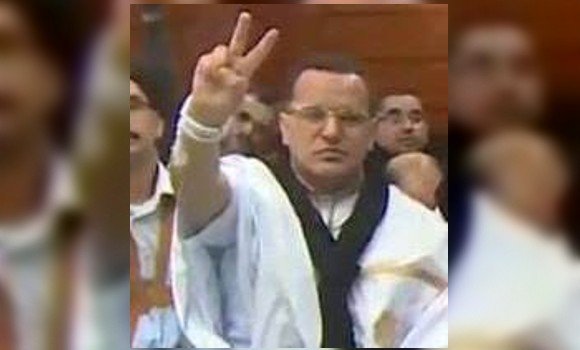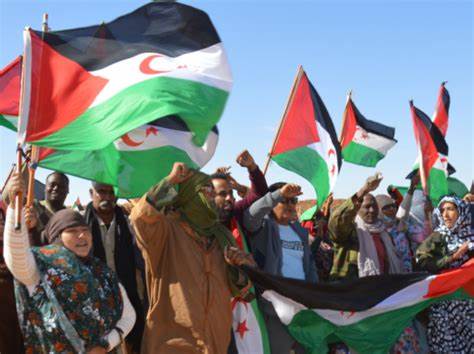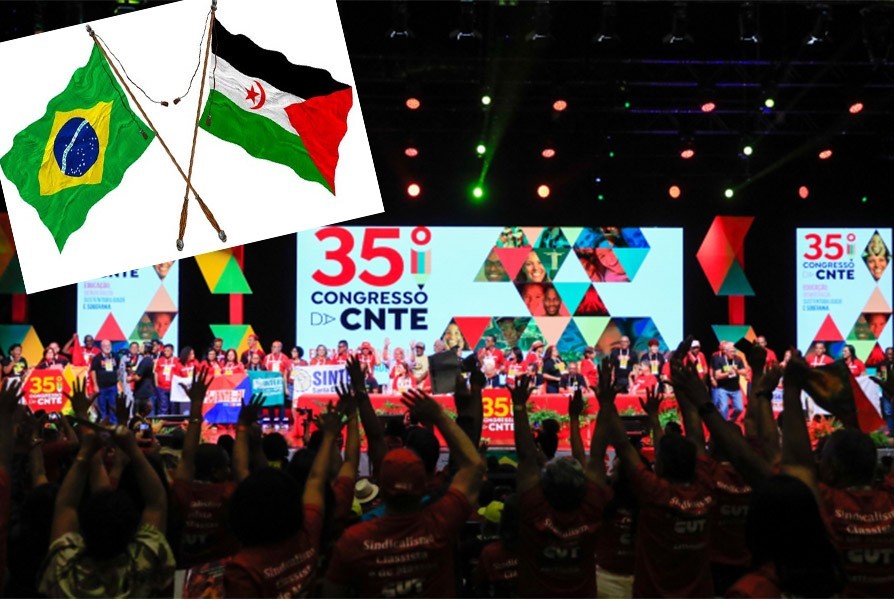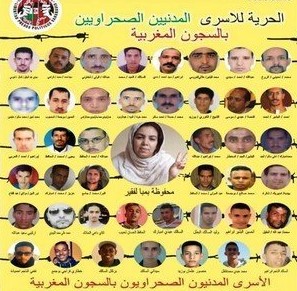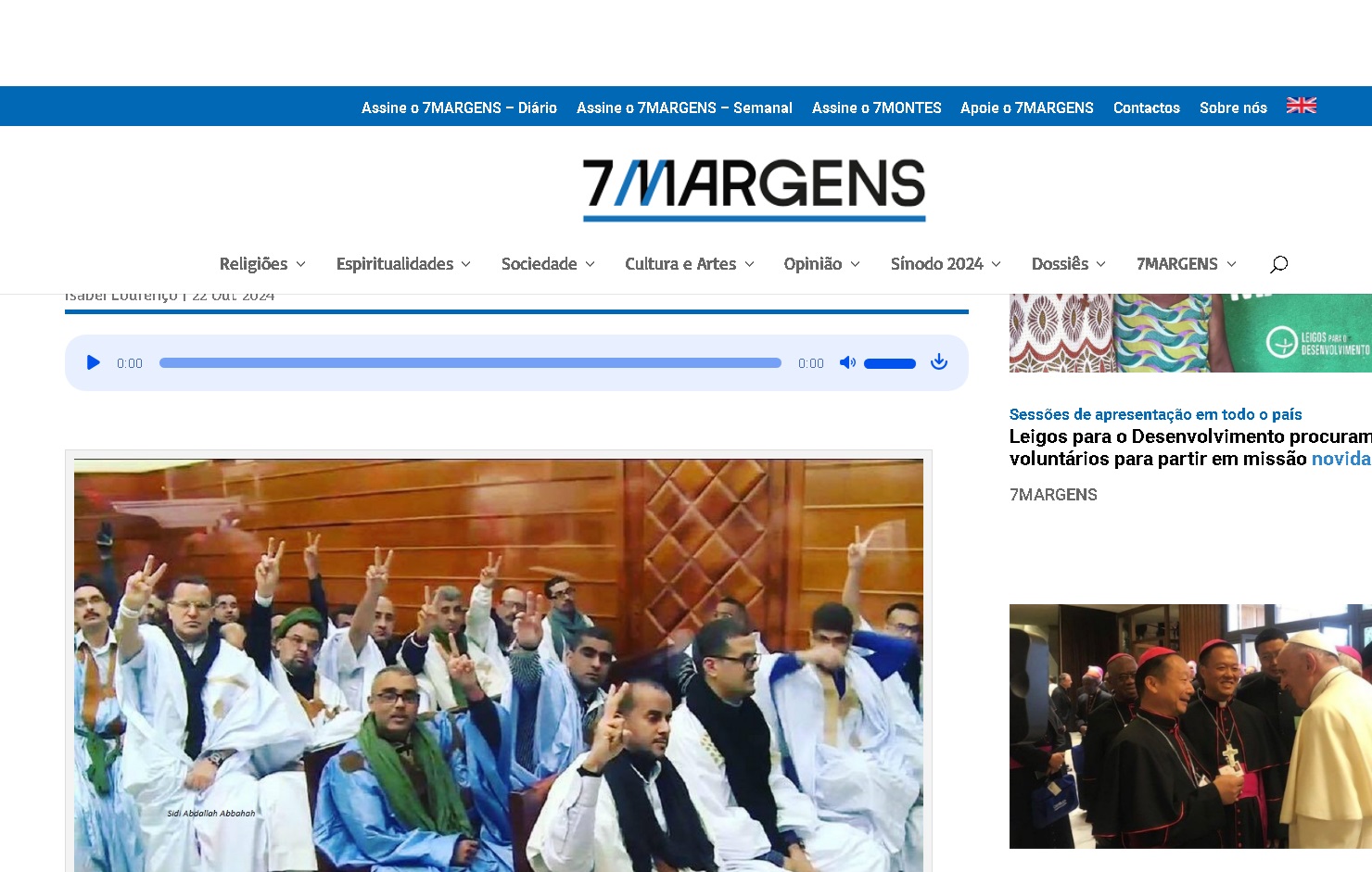
Lisbon (Portugal) 22 October 2024 (SPS)– Portuguese human rights defender and international observer, Isabel Lourenço, published on Portuguese electronic newspaper “7Margens” an article sheding light on the grave human rights violations faced by Sidi Abdallah Abbahah, a Sahrawi political prisoner held in Moroccan prisons since 2010.
Abbahah, a member of the Gdeim Izik group of political prisoners, was sentenced to life imprisonment based on confessions extracted under severe torture, according to the article, as confirmed by reliable reports of international and UN human rights mechanisms.
Despite multiple rulings by international bodies, including the UN Committee Against Torture, calling for an end to his solitary confinement and access to medical care, Morocco continues to disregard these decisions, the article indicated.
Abbahah’s imprisonment is marked by prolonged solitary confinement, starting in 2018, coupled with physical and psychological torture, which has drawn international attention.
In fact, the United Nations Working Group on Arbitrary Detention has twice declared his detention, along with that of his fellow Gdeim Izik group members, as arbitrary. Yet, Morocco has failed to comply with the recommendations made by these bodies.
Lourenço’s article highlights the brutal conditions Abbahah has endured, including torture techniques such as “falaqa” (beating of the feet), sexual assaults, cigarette burns, and forced ingestion of chemicals, all intended to coerce false confessions.
Unfortunately, his pleas for investigation into these abuses have been consistently ignored by Moroccan authorities.
Furthermore, his sister, Souad Abbahah, revealed that his pre-existing kidney condition has worsened due to the lack of medical care, and he now suffers from additional severe health problems, including stomach, prostate, and back pains.
Abbahah’s French lawyer, Ms. Olfa Ouled, has faced multiple barriers in defending her client, including by being denied entry to Morocco on several occasions, which Lourenço argues is part of a systematic effort by the Moroccan government to isolate Sahrawi political prisoners from legal and public scrutiny.
Despite appeals from his family and legal representatives, Moroccan authorities have refused to respond, prolonging his suffering and ignoring his most basic rights.
The article underscores the international community's troubling silence on this issue, despite the fact that organizations like Amnesty International and UN agencies have condemned Abbahah's treatment and the broader repression of Sahrawi activists.
Yet, international pressure has been insufficient to force Morocco to respect human rights obligations or comply with UN rulings.
Lourenço stresses that Abbahah's case is emblematic of Morocco’s larger repressive strategy against the Sahrawi people and the continued exploitation of Western Sahara.
His detention reflects the systematic violations of international law by the Moroccan state, which persist amid the global community's reluctance to hold Morocco accountable.
This ongoing case calls for urgent international action to ensure that Morocco upholds its obligations under international human rights conventions, halts the torture of political prisoners, and ends the illegal detention of Sahrawi activists like Abbahah. (SPS)
090/500/60 (SPS)
